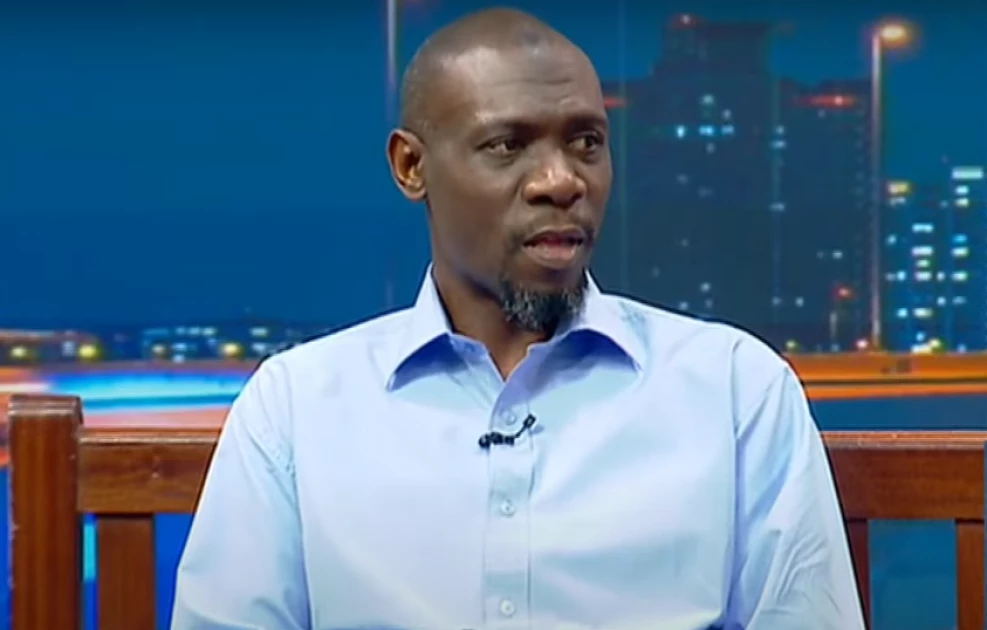14 years on death row: How victim’s children bought Stephen Munyakho more time

Stephen Munyakho speaks during an interview on Citizen TV’s JKLive show on July 30, 2025.

Audio By Carbonatix
Stephen Munyakho, a Kenyan citizen who spent 14 years on death
row in Saudi Arabia, has revealed that his execution was initially delayed due
to a condition tied to the welfare of the deceased’s children.
Munyakho, who had been residing in Saudi Arabia since 1996,
was handed a death sentence after he was involved in a fatal altercation with a
Yemeni colleague in April 2011.
Recalling the events during an interview on JKLive on
Wednesday night, Munyakho explained that in 2016, he was formally sentenced to
death, but the ruling came with a unique stipulation under Sharia law; that the
execution could not be carried out immediately because the victim’s children
were still minors.
Under Sharia law, the family of a deceased person has the
right to either demand capital punishment, forgive the offender, or accept
diyya (blood money) as a form of compensation.
In Munyakho’s case, the deferment of the execution allowed
time for negotiations with the deceased's family.
“The sitting of 2016, that was the first time they said you're
being sentenced to death but there was a condition on it,” said Munyakho.
“They could not carry it out because the deceased had young
children and they had to come of age. So that bought us time for negotiations."
Munyakho also explained how Saudi Arabia's dual system of
private and public rights affected his initial sentencing, which was overruled
from a five-year jail term to the death penalty.
"Under Sharia law, we have private and public rights.
Towards the end of five years, I was summoned to court and the widow came,
accompanied by the brother. At that time, they had given 120,000 riyal for
accidental killing. They said they didn't want it; they wanted execution.
Private rights override public rights," he noted.
Following the Kenyan government's intervention, the deceased's
family agreed to accept diyya (blood money) but demanded 10 million riyal (approximately
Ksh.400 million then).
"The initial figure was 10 million riyal, they wanted it
out of court, that's when the Saudi government intervened and said it must be
stated in court, that's when the negotiations began," recalled Munyakho.
Munyakho, who returned to the country earlier in the week,
thanked Kenyans for their contribution and support throughout his tumultuous
ordeal.


Leave a Comment